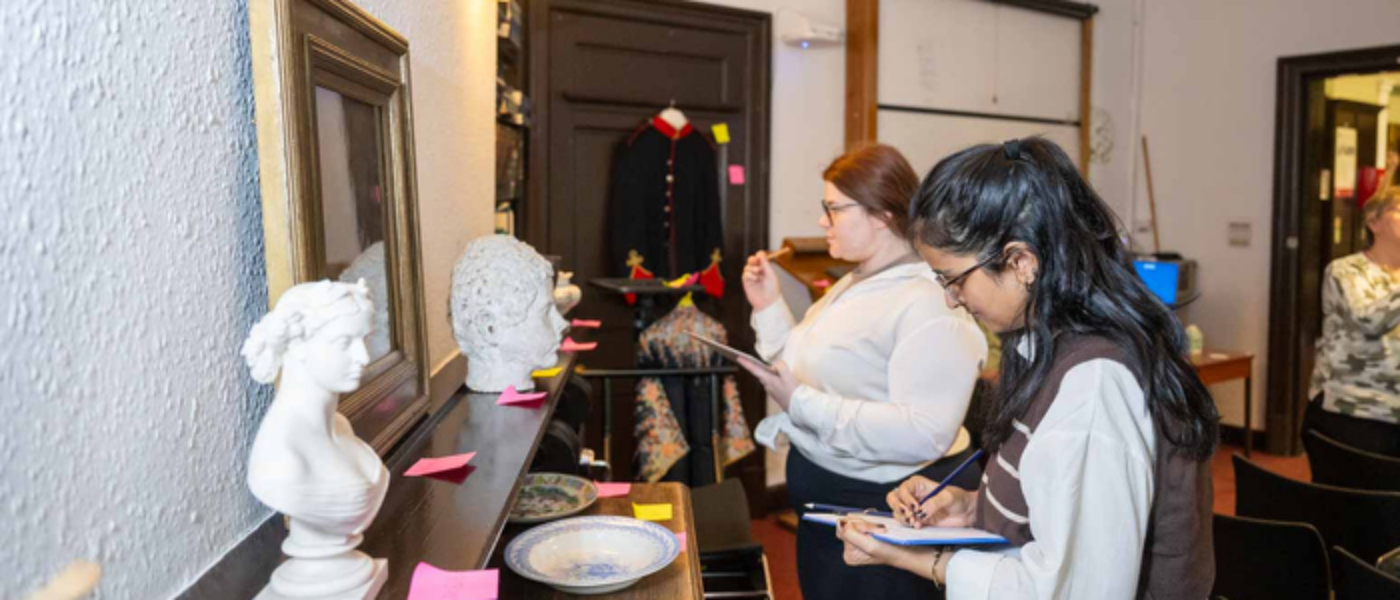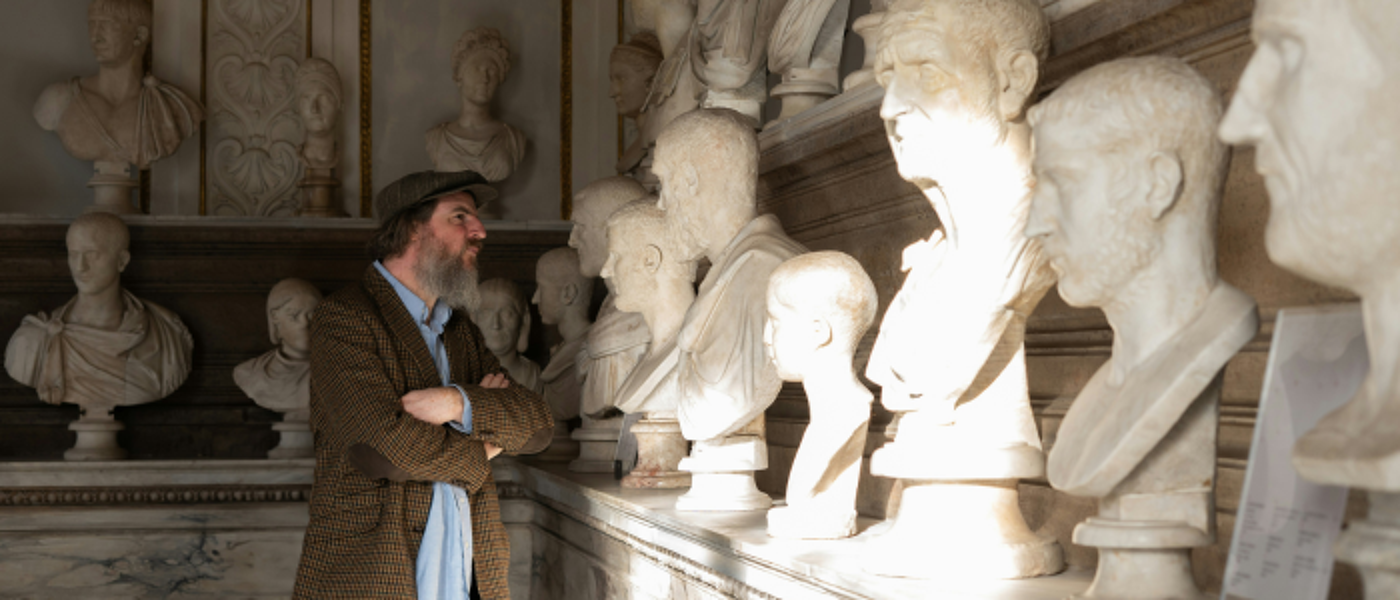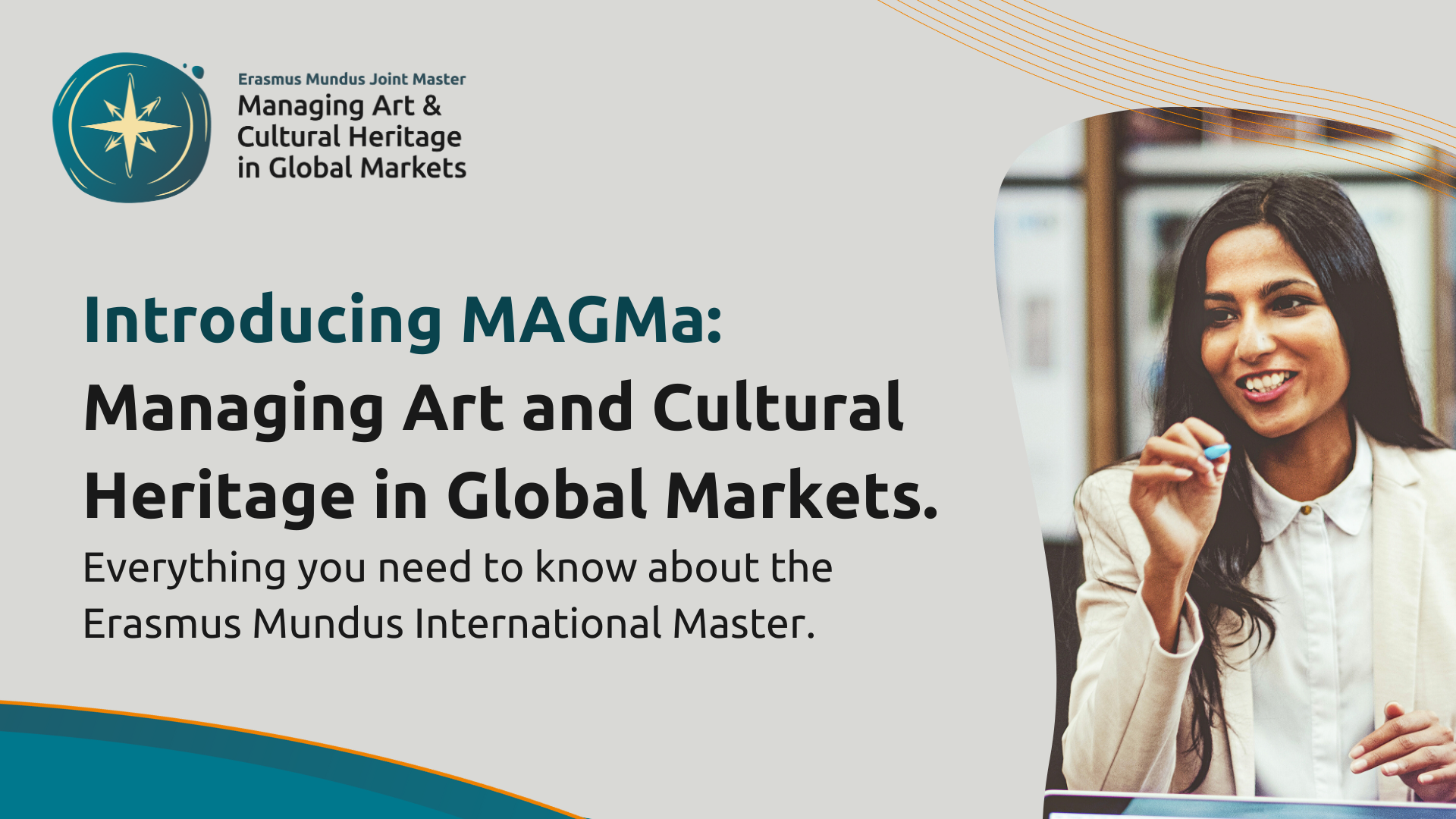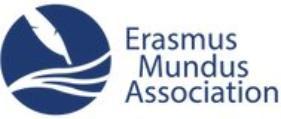Five Prestigious Institutions. Two Immersive Years. One International Masters Programme.
Study in Lisbon, Paris, and Rotterdam, with Summer/Winter Schools in Glasgow and Mumbai.
Managing Art and Cultural Heritage in Global Markets (IntM)
- Learn from leading specialists about everything that’s needed to protect and present the world’s cultural heritage.
- Develop skills in economics, marketing, law, and management.
- Gain a multiple Masters degree awarded by five prestigious European institutions.
- Form a global network of contacts to help build your career.
Introduction to MAGMa
Make your mark, secure a career, and join a global network.

About the Programme
Explore the structure, goals, and learning outcomes of the MAGMa programme.

Erasmus Mundus Scholarship
Discover the full Erasmus Mundus Scholarship available, including eligibility criteria and application guidelines.

Mobility Destinations
Learn more about the various European cities and universities you'll live and study in during your time on the MAGMa programme.
- Discover Lisbon
- Experience Paris
- Uncover Rotterdam
- Explore Glasgow
Frequently Asked Questions
Got a question? Check to see if we have answered it below or elsewhere on the website before submitting an enquiry!
What is MAGMa?
Managing Art & Cultural Heritage in Global Markets (MAGMa) is a two-year Erasmus Mundus Joint Master (EMJM) programme, offering a unique, multidisciplinary approach to art and cultural heritage.
The programme allows students to study at five prestigious European institutions, gaining the theoretical and practical knowledge needed to navigate the global art and cultural heritage sector, and living in a minimum of three different cities.
Which institutions are part of the MAGMa consortium?
The MAGMa programme is delivered by five esteemed higher education institutions:
- University of Glasgow (UofG)
- ISCTE Instituto Universitário de Lisboa (ISCTE)
- Universidade de Lisboa, Faculty of Humanities (FLUL)
- IESA Arts and Culture Paris (IESA)
- Erasmus University Rotterdam (EUR)
Our institutions are renowned for their expertise in art markets, cultural heritage management, and related fields.
What degree will I receive upon completing the programme?
Graduates receive a Masters degree, evidenced by four different certificates from the MAGMa consortium partners. The degree title is Managing Art and Cultural Heritage in Global Markets (IntM).
Why choose MAGMa over other Masters programmes?
MAGMa stands out due to its:
- International Mobility: Study in multiple European cities, gaining exposure to diverse cultural and professional environments.
- Global Expertise: Learn from world-leading academics and industry professionals across art and cultural heritage sectors.
- Comprehensive Curriculum: Acquire multidisciplinary knowledge in art markets, cultural economics, heritage law, and management.
- Networking Opportunities: Build a global network of institutions, professionals, and peers for future career prospects.
- Practical Focus: Engage in real-world projects and collaborations to prepare for leadership roles in a global market.
What are the application requirements?
To apply for the MAGMa programme, applicants must have:
- A 2:1 Honours Degree (preferably in a related field such as art history, cultural studies, economics, or law).
- English Language test results to confirm proficiency (if English is not your first language).
- Copies of academic transcripts, degree certification, CV, references, and a passport scan.
Degrees in other subjects may be accepted if you have relevant work experience.
What are the mobility periods, and where will I live and study?
The programme includes three mandatory mobility periods across different European cities:
- Semester 1 in Lisbon at ISCTE Instituto Universitário de Lisboa
- Semester 2 in Paris at IESA Arts and Culture
- Summer School in Glasgow at University of Glasgow (optional)
- Semester 3 in Rotterdam at Erasmus University Rotterdam
- Winter School in Mumbai (optional)
- Semester 4 in the city of your choice: To complete your dissertation, you will choose one of the above locations to return to, based on your dissertation topic.
Are the Summer and Winter Schools mandatory?
No, MAGMa’s seasonal schools are optional. However, they provide excellent opportunities to enhance your learning and expand your professional network within the art and cultural heritage sectors.
Tuition and living costs for one seasonal school are covered by your programme fees or scholarship funding. If you wish to attend additional seasonal schools, you are welcome to do so at an additional cost.
What are the tuition fees for the programme?
Tuition fees for the 2-year MAGMa programme are as follows:
- UK/EU students: €11,183/£9,560 per annum (€22,366/£19,120 for 2 years)
- International students: €22,224/£19,000 per annum (€44,448/£38,000 for 2 years)
These fees cover the cost of tuition at each of the partner institutions over the duration of the programme.
How do I apply for the Erasmus Mundus Scholarship?
When applications are open, you can apply for the Erasmus Mundus Scholarship during the MAGMa application process, by downloading and completing an Erasmus Mundus Scholarship Application form at Step 5.
Scholarships are awarded based on academic merit, and the highest-ranked applicants are selected for financial support. Make sure to submit your application before the deadline to be considered.
Scholarship applications for September 2025 entry are now closed, but self-funded spaces remain open.
What does the Erasmus Mundus scholarship cover?
The Erasmus Mundus scholarship provides successful applicants with a maximum of €33,600. This covers tuition fees, travel insurance, and provides a monthly stipend throughout the 2 years to cover living expenses at each of the mobility locations.
What career opportunities are available to graduates?
Graduates of the MAGMa programme are equipped to pursue diverse and dynamic career opportunities, including, but not limited to, roles in:
- Art market management
- Museum curation
- Cultural heritage consultancy
- Art law
- Auction houses
- Heritage management
- Cultural policy advising
- Cultural economics analysis
- Art investment consultancy
- Arts education and outreach
- Nonprofit cultural organisations
- Art and heritage journalism
- Digital heritage and technology management
- Cultural event management
- International organisations and NGOs
What is the focus of the MAGMa curriculum?
The MAGMa curriculum offers an integrated approach to understanding art and cultural heritage management, focusing on:
- The social, historical, and cultural contexts of art and heritage;
- The legal and ethical aspects of managing cultural resources;
- The dynamics between the public and private sectors in the art market;
- The evolving perceptions of value in art and culture;
- Sustainable models for the global art and heritage industries.
Are there opportunities for internships or work placements?
While the programme does not guarantee specific internships or work placements, it provides opportunities for students to engage with leading professionals through guest lectures, research mentoring, and industry events.
The international network of partner institutions facilitates connections to potential career opportunities and practical experiences, with past students securing internships at esteemed organisations such as the Museum of Fine Arts in Houston, Texas, and Cultural Emergency Response in Amsterdam, North Holland.







